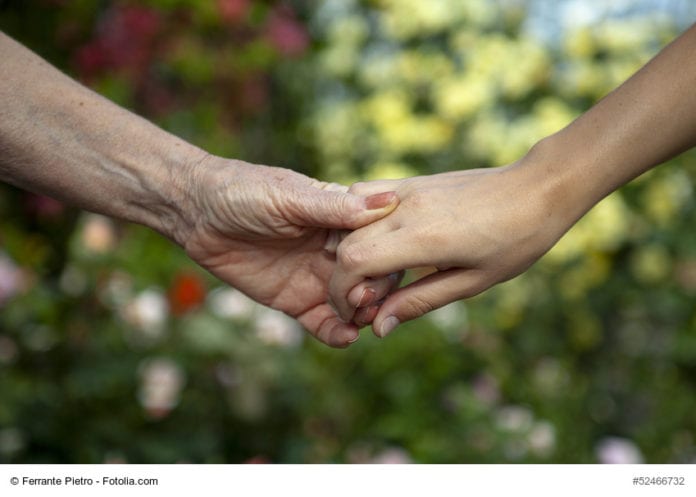Patients can continue to receive aggressive and curative kinds of treatment like chemotherapy, radiation, dialysis and surgery while receiving palliative care.
“ The gift we give in palliative care is having a good discussion about quality of life, ”
says Dr. Stephen Goldfine, chief medical officer at Samaritan Healthcare and Hospice. “I ask my patients ‘how do you define that (quality of life)-what makes you want to live?’ Once we develop that definition, then we can make decisions about what treatments are appropriate.”
With proper symptom management and emotional support from Samaritan, Deadra has gotten her life back. “Samaritan's palliative care gave me a second chance,” she says.

